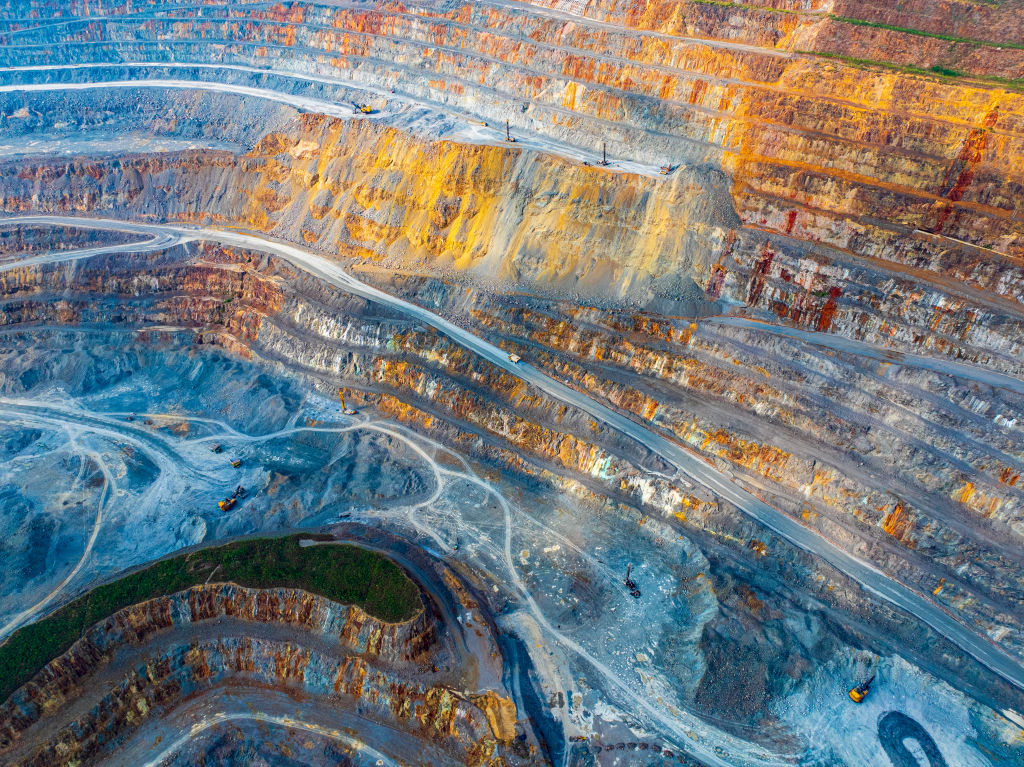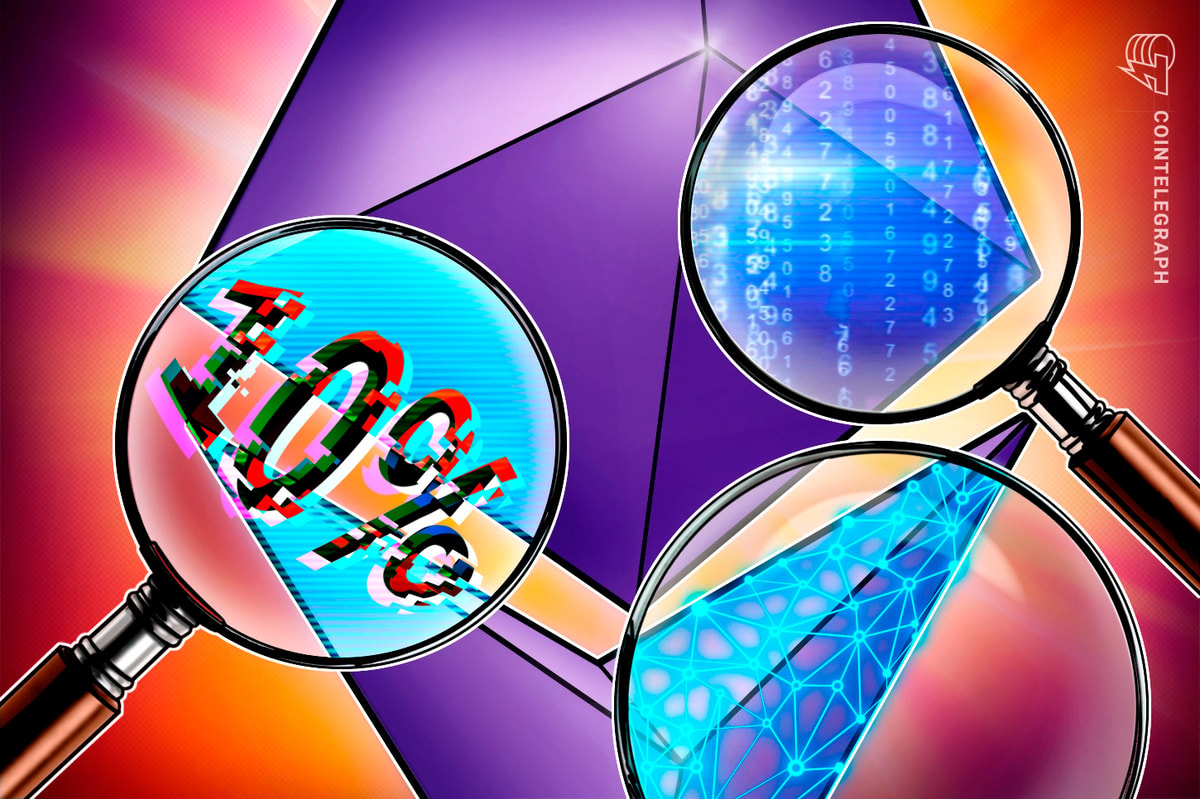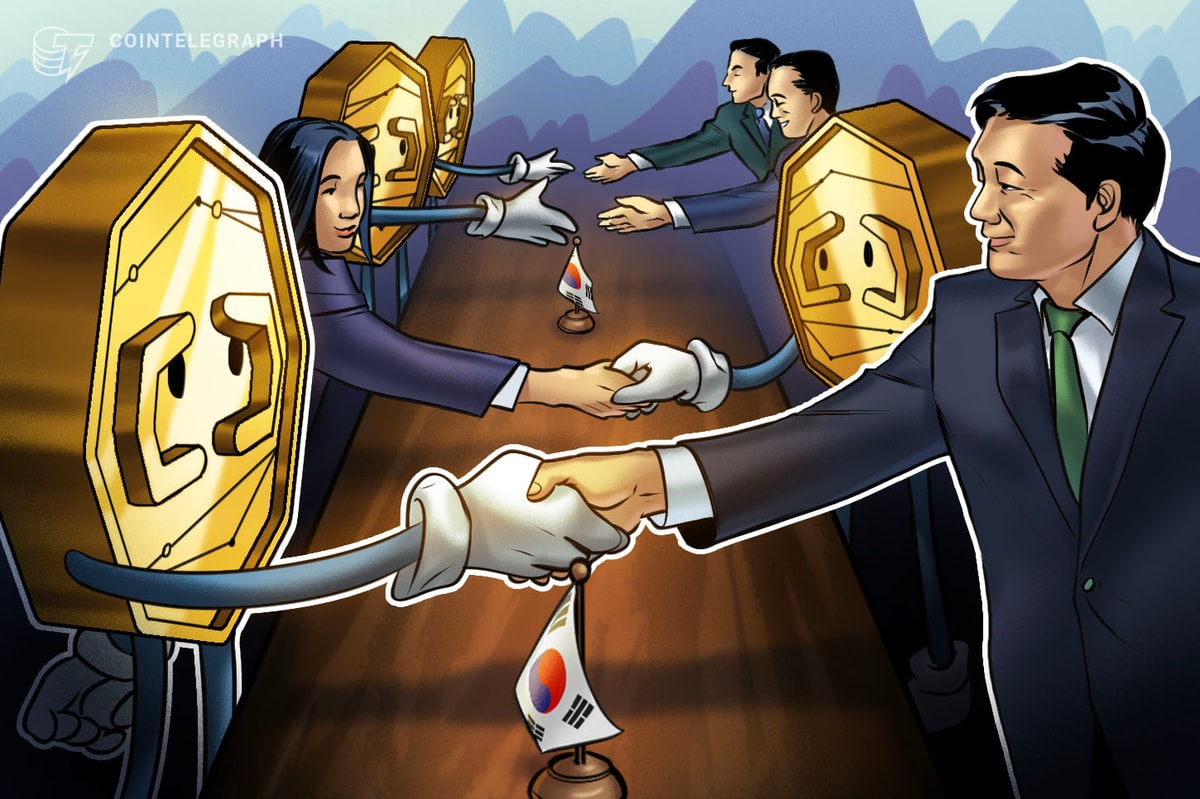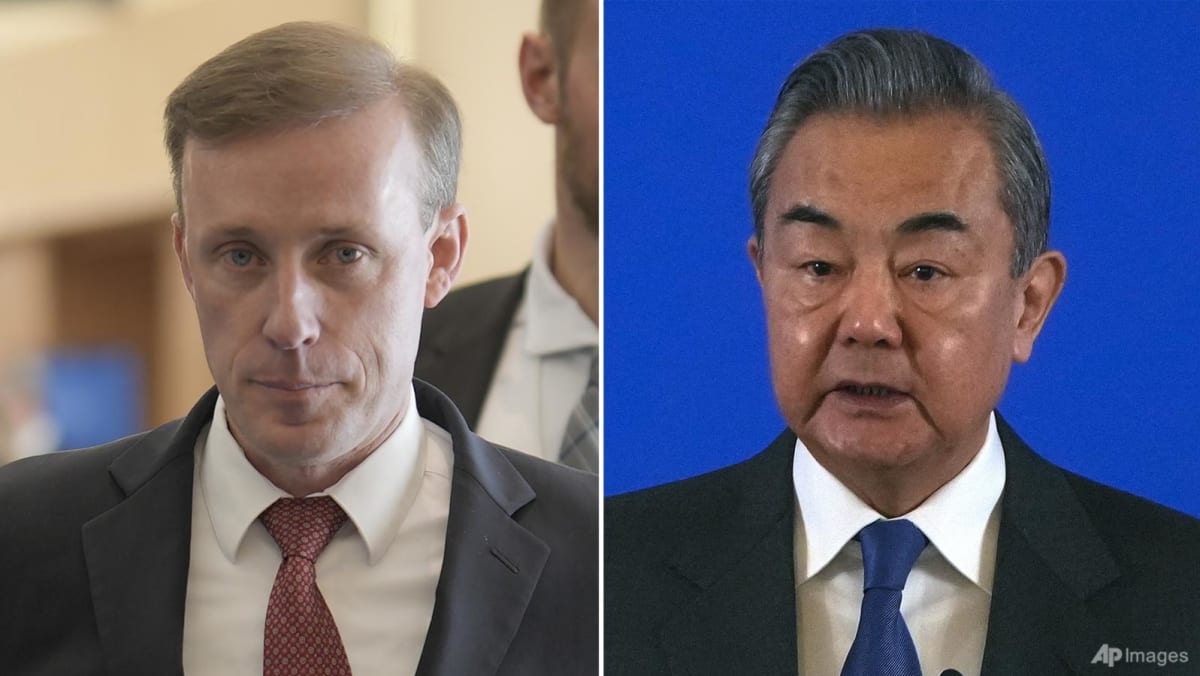Within weeks of Zheng losing to Sabalenka’s forehand at Flushing Meadows for the first time, her coach, Wim Fissette, ditched her for four-time Grand Slam singles champion Naomi Osaka. Osaka went out in the first round in Melbourne. Zheng still struggles to say Fissette’s name. “I don’t want to talk about this person,” she said after winning gold at the Asian Games.
Zheng celebrates match point on Thursday. Credit: Getty
But she does want to talk about Li, the Chinese tennis legend whom she watched on TV take out the Australian Open in 2014. Li spurred generational investment in tennis in China – growing the game that had always played second paddle to table tennis to 15 million players, and almost single-handedly creating a lucrative new revenue stream for the WTA.
On Wednesday, Li slapped Zheng on the bum as she snuck through a press conference to meet her for the first time.

Australian Open finalist Zheng Qinwen (back right) watching Li Na play in 2014.Credit: Xinhua
“When Sister Na won the Grand Slam championship I began to think that we, Chinese and Asians, can also do so well in tennis and have the opportunity to compete with top players,” Zheng said.
Li’s legend comes up so often that a reporter apologised for the inevitable comparison.“No worries,” she said, “we love her”.

Australian Open finalist Zheng Qinwen on the cover of GQ Sports magazine. Credit: GQ
But few are asking about the other member of Li’s generation of China’s “golden flowers”, Peng Shuai, one of only four Chinese women to make a Grand Slam semi-final, who disappeared for months in 2021 after making sexual assault allegations against former Chinese vice premier Zhang Gaoli.
Peng was last seen in public at the Winter Olympics in Beijing. The WTA said it had been assured she was living safely with her family, but the handling of the episode and the return of Women’s Tennis to China last year for a multi-million dollar cash injection has raised inevitable questions about the mix of politics, human rights, and money in one of its largest markets.
“The message really is, ‘If you speak out, no matter how prominent you are, if you speak critically of certain officials you can be in danger’,” Yaqiu Wang, the senior China researcher for Human Rights Watch said after Peng disappeared. “Nobody is safe. Your fame, your star status doesn’t matter.”
Until Friday, Chinese state media had been relatively muted on Zheng’s surge through the Australian Open draw. Peng and by extension, Chinese tennis, had gone through a long period of turmoil since her explosive allegations against one of the Chinese government’s highest-ranking officials.
Loading
It now has a new hero in its sights. Zheng has put her patriotism on full display in Australia. On January 2 she wrapped herself in a Chinese flag on Cottesloe Beach in Perth. Three weeks later she would be across the other side of the country on Rod Laver Arena.
“Thank you to all my Chinese friends. I love to see all the Chinese flags here,” she said after her victory on Thursday.
In Wuhan, her family and friends watched at the Hubei Olympic Sports Centre as she stormed into the final. It was the same city from which thousands of fans watched another favourite daughter of Hubei, Li, as she won the Australian Open 10 years ago.
“Mystic oriental metaphysics from Hubei,” said fan Minh Syeung. “The Australian Open is the eternal blessed land of Hubei women. Little Zheng, feel free and fight with courage on Saturday. You have nothing to lose.”
Get a note directly from our foreign correspondents on what’s making headlines around the world. Sign up for the weekly What in the World newsletter here.
#Queen #Wens #journey #Wuhan #final













